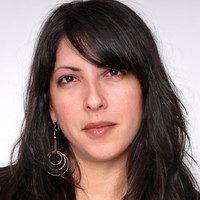Emily Oster is an economist, professor, and author. Her new book is The Family Firm.
”[COVID] has been 18 months of being a person who is slightly more public, who is saying things that are somewhat more controversial, where people yell at me a lot. ... I do much less reading of the comments than I did early on because I found that eventually I just got mad and that's not a productive way to interact. And it affects how I think about what I write, and I would like what I write to be the things that I think are true, not the things I think will avoid people being angry.”
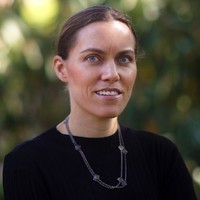





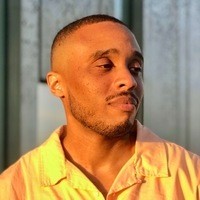
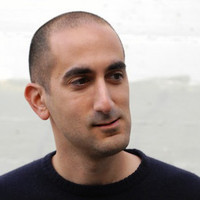






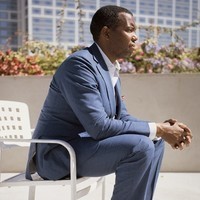
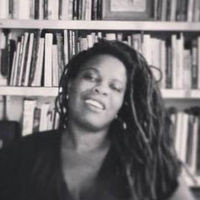
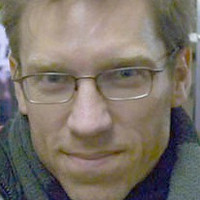



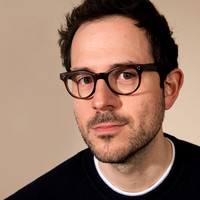
 Our new app for iPhone and iPad is almost here. Subscribe below and we'll let you know when it's available.
Our new app for iPhone and iPad is almost here. Subscribe below and we'll let you know when it's available.

